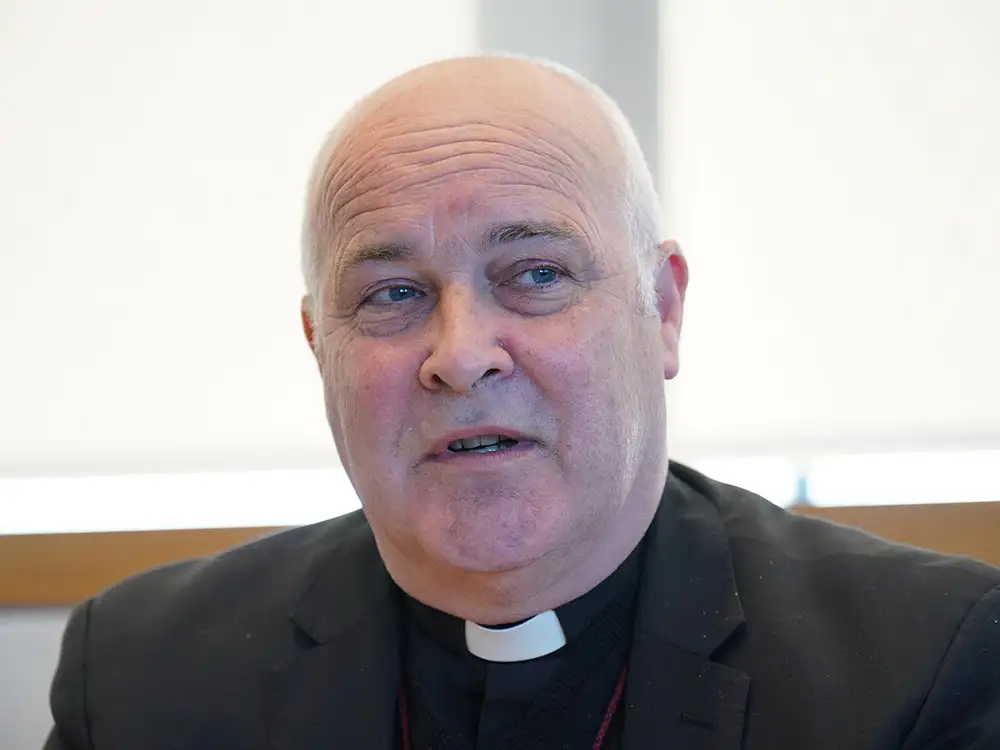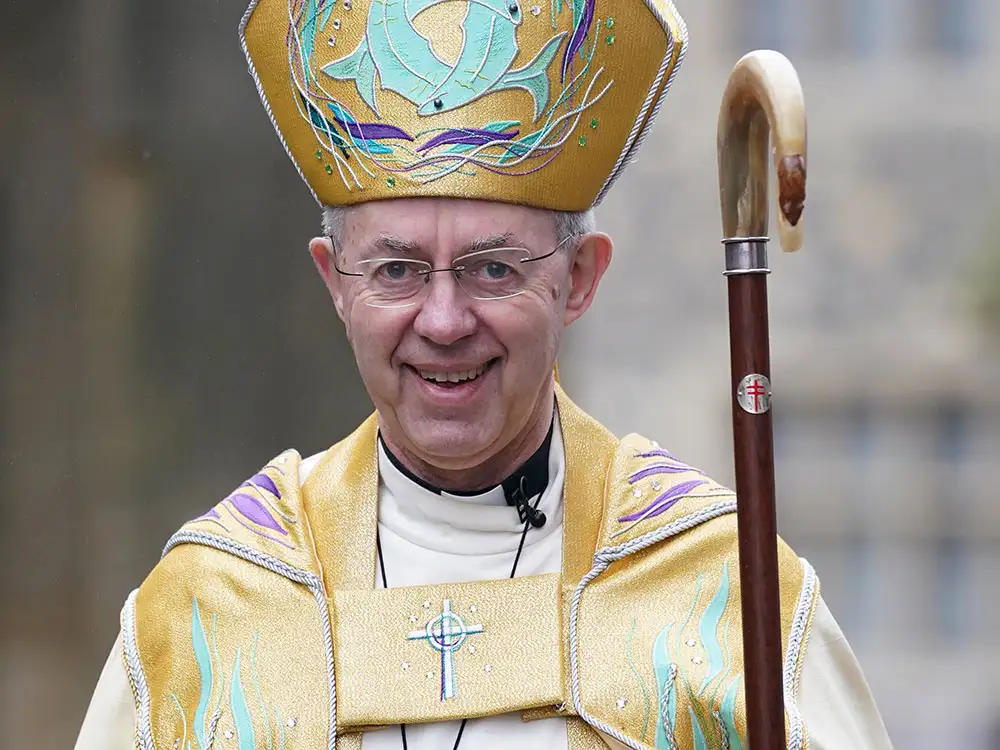The Archbishop of Canterbury Justin Welby has announced he will resign, following days of pressure after a damning review into the most prolific abuser associated with the Church of England.
And his decision to quit was ‘the right thing to do’ the Archbishop of York said this afternoon.
The independent Makin Review concluded that barrister John Smyth might have been brought to justice had the archbishop formally alerted authorities in 2013.
Mr Welby had apologised but stated that he would not resign, following the review’s publication last week.
Today he changed his mind, saying: “The Makin Review has exposed the long-maintained conspiracy of silence about the heinous abuses of John Smyth.
“When I was informed in 2013 and told that police had been notified, I believed wrongly that an appropriate resolution would follow.
“It is very clear that I must take personal and institutional responsibility for the long and retraumatising period between 2013 and 2024.”
Mr Welby said he believed his resignation was in the church’s best interests.
Over five decades between the 1970s until his death, Smyth is said to have subjected as many as 130 boys and young men in the UK and Africa to traumatic physical, sexual, psychological and spiritual attacks, permanently marking their lives.
A lay reader who led Christian summer camps, Smyth died aged 75 in Cape Town in 2018 while under investigation by Hampshire Police, and was “never brought to justice for the abuse”, the review said.
‘Badly let down’

Stephen Cottrell, the Archbishop of York, said Justin Welby’s resignation was “the right and honourable thing to do”.
In a statement, he said: “As I read the Makin Review last week and reflected on the terrible abuse perpetrated by John Smyth and shamefully covered up by others, I am, first of all, moved by the accounts of victims and survivors that we have heard from so powerfully.
“They were badly let down by many in different parts of the Church of England. I am grateful for their courage to be part of the review.
“As a church we continue to work towards and must achieve a more victim-centred and trauma-informed approach to safeguarding within the Church of England, and this must address the broader questions of culture and leadership. In this regard, much progress has already been made over the last 10 years.
“Indeed, it has been Archbishop Justin himself who has championed those developments and reforms.
“Both Justin and I have made our hopes known about the independence of safeguarding discussed both by Makin and also in Alexis Jay’s report and look forward to the group already at work on these bringing recommendations which can be both effective and trusted.
“As Archbishop of Canterbury, Justin has decided to take his share of responsibility for the failures identified by the Makin review. I believe this is the right and honourable thing to do.
“Whilst this is a difficult day for Justin, I pray there will be an opportunity to reflect on and appreciate the many positive aspects of his ministry and his huge commitment to the Church of England, the Anglican Communion and above all the Gospel of Jesus Christ.
“But I continue to take account of the needs and experiences of victims and survivors and look to the various changes, above all the greater independence of safeguarding, that we need to help ensure these failings never happen again.
“It is to this ongoing work that I commit myself.”
In the past the Archbishop of York has been seen as a favourite to become head of the Church of England when the Archbishop of Canterbury stepped down.
But his age – 66 – may rule him out. The Archbishop of Canterbury has to retire at 70.
